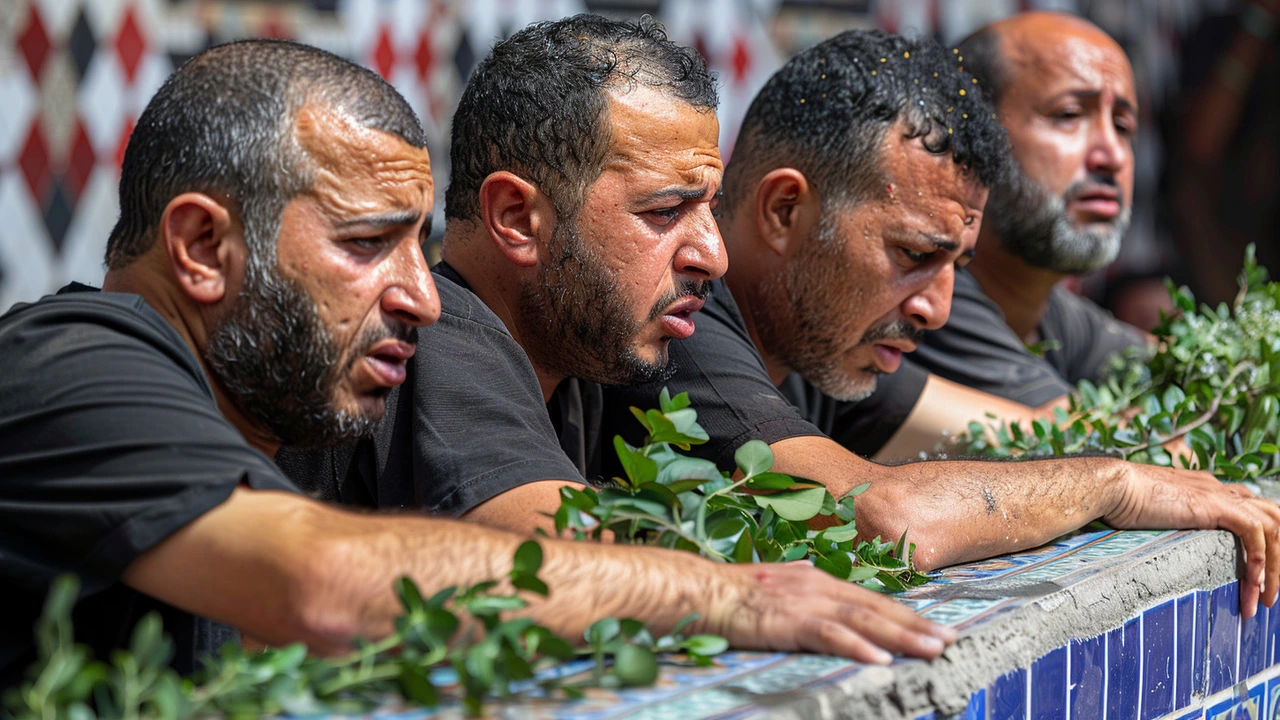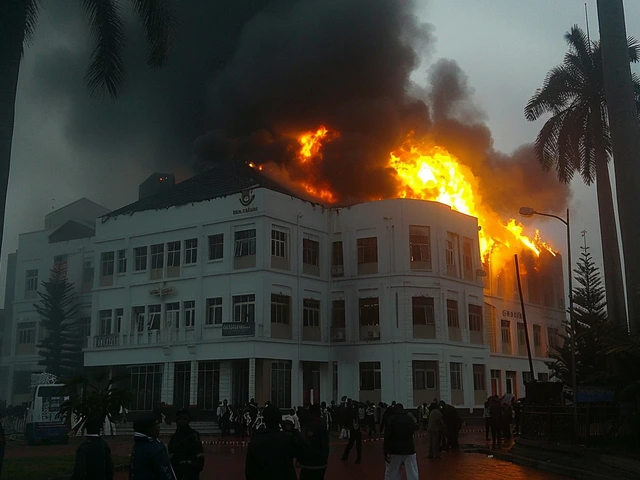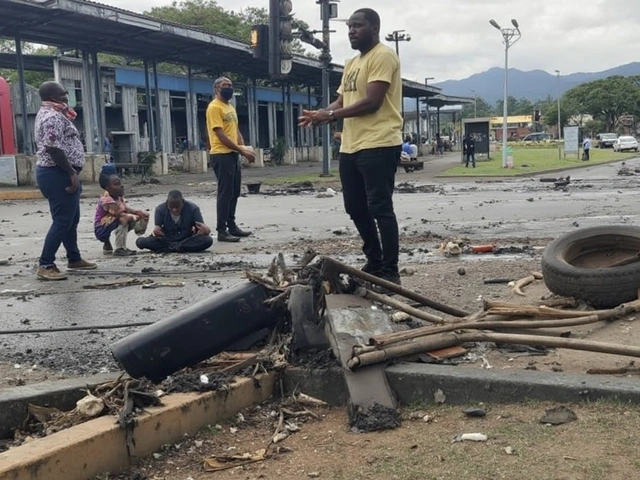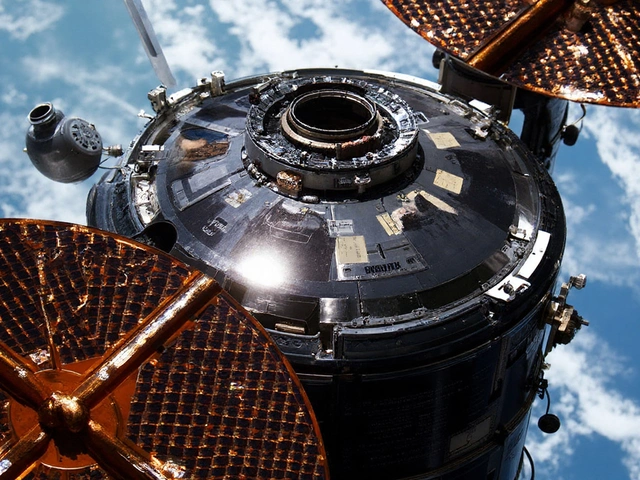Lessons of Grief and Love: Observing Father’s Day in Gaza
As the world celebrated Father’s Day, a day traditionally filled with joy and appreciation, the atmosphere in Gaza was starkly different. For many Palestinian families, this day is also a poignant reminder of the relentless suffering and grief wrought by ongoing violence. Through personal reflection and the lived experiences of Palestinian fathers, we explore how this conflict shapes and often mars the very essence of fatherhood in Gaza.
A Personal Reflection on Collective Sorrow
This Father’s Day, the author, a diaspora Palestinian now residing in the U.S. and Chile, was deeply affected by an emotional exchange with his 15-year-old son. Understanding the depth of his father’s pain and sorrow for the plight of their brethren back home, the son’s words resonated deeply, highlighting the generational toll of the conflict. It’s these moments of connection that often reveal the intertwined nature of personal and communal grief.
The Heartbreak of Palestinian Fathers
In Gaza, many fathers are more than just caregivers; they are pillars of strength amidst the chaos. However, the ongoing conflict has turned many of these strong men into monuments of grief. Visual memories from countless video footages and photographs show fathers in mourning, cradling the lifeless bodies of their children, standing against the backdrop of their razed homes. Each face in these images tells a story of profound loss and unanswered hopes.
For these fathers, losing a child is not just a personal tragedy; it’s a narrative of a community devastated by perpetual violence. The stark reality of carrying on with life while grappling with unimaginable loss is a daily challenge many Palestinian fathers face.
The Inherent Grief in Palestinian Fatherhood
Palestinian fatherhood is inextricably tied to grief, a stark contrast to the typical connotations of fatherhood associated with protection and provision. Due to the ongoing occupation and violence, these fathers constantly navigate a landscape of mourning and struggle. Yet, despite such insurmountable challenges, they strive to instill values of love, resilience, and hope in their children.
Resilience Amidst Ruins
Amid the dire circumstances, Palestinian fathers demonstrate remarkable resilience. They foster life, love, and a spirit of liberation despite the adversity that surrounds them. This defying spirit is their way of resisting the destruction that aims to obliterate their existence and identity. It’s a testament to their unwavering commitment to their families and their homeland.
A Call for Peace and Recognition
The plea for an immediate ceasefire and an end to the Israeli occupation is not merely a political stance but a humanitarian one. Recognizing Palestinians as full human beings is pivotal to altering the dynamics of the current world order that appears to prioritize their suffering over their well-being. The author, both a professor of clinical psychology and a family therapist, emphasizes that the treatment of Palestinian parents underlines the values of the world order.
Honoring the Lessons of Grief and Love
Even amidst unimaginable loss and suffering, Palestinian fathers impart invaluable lessons of love and resilience. Their stories and sacrifices are a stark reminder of the cost of conflict and the enduring strength of the human spirit. This Father’s Day stands as a solemn yet powerful tribute to these fathers, who continue to teach and inspire through their unwavering love and sacrifice.






Ian Sepp
June 16, 2024 AT 19:12The situation in Gaza during Father’s Day illustrates how protracted conflict can infiltrate even the most personal of celebrations. International humanitarian law obliges parties to protect civilians, yet the reality on the ground often falls short of these standards. Families are repeatedly displaced, their homes destroyed, and essential services disrupted, which erodes the social fabric essential for nurturing children. Psychological research consistently shows that parental grief, especially when compounded by ongoing violence, can have intergenerational effects on mental health. In addition, the loss of a child under such circumstances is a profound trauma that challenges traditional notions of fatherhood built on protection and provision. Despite these challenges, many Gaza fathers continue to assume the role of both caregiver and protector, often under fire. Their resilience is reflected in community initiatives that aim to preserve cultural practices and educational opportunities for youth. Moreover, grassroots organizations are attempting to document these experiences, providing a narrative counter to the dominant media portrayals of the region. The author’s dual residence in the United States and Chile adds a diasporic perspective that underscores the global ramifications of localized grief. Academic studies have shown that diaspora communities can serve as both emotional support systems and advocacy platforms for those remaining in conflict zones. It is also worth noting that the psychological burden on fathers can translate into broader societal stress, influencing everything from employment to civic engagement. The United Nations has repeatedly called for a ceasefire, emphasizing that sustained hostilities undermine any attempts at post‑conflict reconciliation. In practical terms, ceasefires allow for the delivery of humanitarian aid, which can alleviate some of the immediate pressures faced by families. Preventing further loss of life is not solely a political objective; it is a moral imperative that aligns with the protective responsibilities outlined in the Geneva Conventions. Even in the midst of devastation, Gaza fathers find ways to instill values of hope and perseverance in their children. This interweaving of grief and love serves as a reminder that human dignity can endure even under the harshest conditions. The article’s emphasis on love and resilience provides a necessary counterbalance to the often fatalistic narratives surrounding Gaza. Finally, acknowledging the depth of Palestinian fathers’ experiences can foster greater empathy among international audiences and encourage more nuanced policy discussions.
Sweta Agarwal
June 20, 2024 AT 11:28Oh great, another reminder that joy is optional.
Henry Cohen
June 24, 2024 AT 03:45Look guys the whole "fatherhood is love" narrative is just a propaganda tool they use to distract from the real reason why Gaza is a mess its all about resource control and power plays the media wont tell you that so dont be fooled by those tear‑jerking stories they just want you to feel guilty and forget the bigger picture
Mark Langdon
June 27, 2024 AT 20:01I hear you, but let’s cut through the noise – the everyday heroics of fathers in Gaza aren’t just feel‑good fluff. These men juggle loss, rebuilding homes, and keeping kids safe while bombs fall. That level of perseverance deserves genuine respect, not just a fleeting sigh.
Ciara Russell-Baker
July 1, 2024 AT 12:17people keep talking about "resilience" like it’s a badge, but honestly its just survival mode. expecting any other outcome in a warzone is unrealistic and kinda naive.
Aaron Samarita
July 5, 2024 AT 04:34Wow, another melodramatic ode to suffering. Sure, dads in Gaza have tragic stories, but let’s not turn every heartbreak into a Broadway script. Facts matter more than theatrics, even when the stage is a rubble‑filled street.
Daisy Pimentel
July 8, 2024 AT 20:50We must recognize that every father’s loss is not just a personal tragedy but a moral indictment of our collective silence. The suffering of these families demands an urgent ethical response from the international community.
Ellen Ross
July 12, 2024 AT 13:07One could argue that the very act of grieving in a context of perpetual siege elevates the father’s role to a philosophic archetype-an embodiment of existential perseverance amidst absurdity. Such a perspective, while perhaps esoteric, underscores the depth of their lived reality.
Fabian Rademacher
July 16, 2024 AT 05:23You ever notice how every time the media mentions Gaza they focus on the numbers and forget the humanity? It's like there's a hidden agenda to keep us watching without ever feeling the real weight of the loss. These fathers aren't just statistics; they're the backbone of a society that refuses to be broken, despite every attempt to do so.
Terrell Mack
July 19, 2024 AT 21:40Exactly, and while it’s painful to witness, we can channel that feeling into supportive actions-donating to reputable NGOs, amplifying survivor voices, and advocating for ceasefires. Small steps add up.
Dawn Waller
July 23, 2024 AT 13:56Well isn’t this just a heart‑warming fluff‑fest? As if a few tear‑jerking pics can fix a decades‑long nightmare. Let’s keep the drama flowing, shall we??
Grace Melville
July 27, 2024 AT 06:13Great insights! 🙂 It’s important we keep sharing these stories to raise awareness and encourage constructive dialogue.
Ashlynn Barbery
July 30, 2024 AT 22:29In light of the profound challenges articulated herein, it is incumbent upon the global community to foster avenues of support that are both sustainable and culturally sensitive, thereby honoring the indomitable spirit of Gaza’s fathers.
Sarah Graham
August 3, 2024 AT 14:46I appreciate the thoughtful tone; it adds a needed layer of empathy to the conversation.
Jauregui Genoveva
August 7, 2024 AT 07:02Honestly, if we don’t stand up now, we’re just complicit 🙄. Let’s not let the world get used to this tragedy as the new normal.
naman sharma
August 10, 2024 AT 23:19One must consider the hidden machinations behind the headlines; the allocation of aid often follows geopolitical interests rather than pure humanitarian need, thereby perpetuating a cycle of dependency and control.
Quinten Squires
August 14, 2024 AT 15:35The author’s perspective is valid but we also need to consider the economic implications on the region. Aid alone won’t solve the systemic issues that fuel this conflict.
Tyler Manning
August 18, 2024 AT 07:52While empathy is commendable, it is crucial to recognize that the narrative often overlooks the broader security concerns that shape policy decisions across the region.
james patel
August 22, 2024 AT 00:08Overall, the discussion highlights the complex interplay between individual grief and macro‑level geopolitics, underscoring the need for multidisciplinary approaches in addressing the humanitarian crisis.